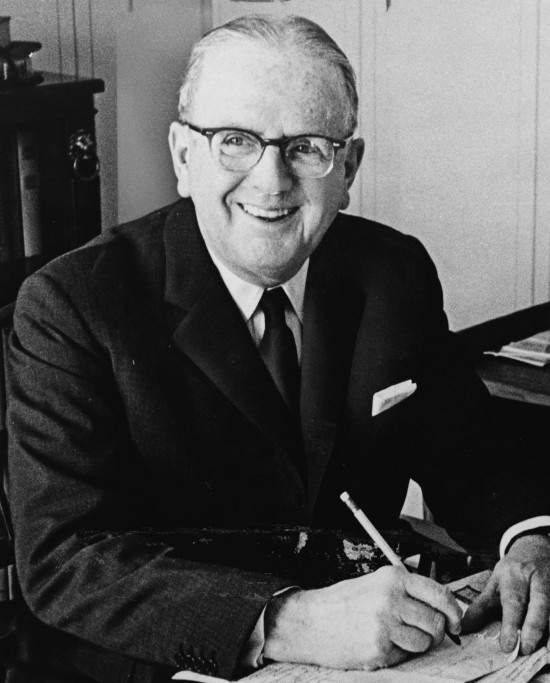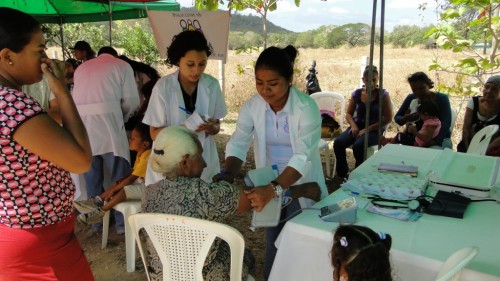When my sons were growing up, I dreaded meeting with their teachers. I was always a tiny bit afraid that somewhere in the middle of the conversation the teacher would lean forward, grab my ear, and chastise me. This may be an irrational fear, but it is deeply seeded. It was planted many years ago at St. Agnes elementary school, and it was nurtured in middle school and high school by just about every teacher who had the misfortune of having me in his or her class.
Despite my less-than-stellar early education, I went on to graduate college magna cum laude. I earned a master’s degree, and stopped just short of my dissertation for a Ph.D. I’ve written and published more than a dozen books – including three best-sellers – won awards for writing, and have used the skills I learned in school to help build several multimillion-dollar businesses.
All that said, because of my deeply seeded irrational fear, I had a negative idea of what I could accomplish early in my business career.
But that didn’t stop me.
In The Power of Positive Thinking, Norman Vincent Peale says that unless you have a positive attitude about yourself and your abilities, “you cannot be successful or happy.”
I believe he is half right.
 MarkFord
MarkFord

